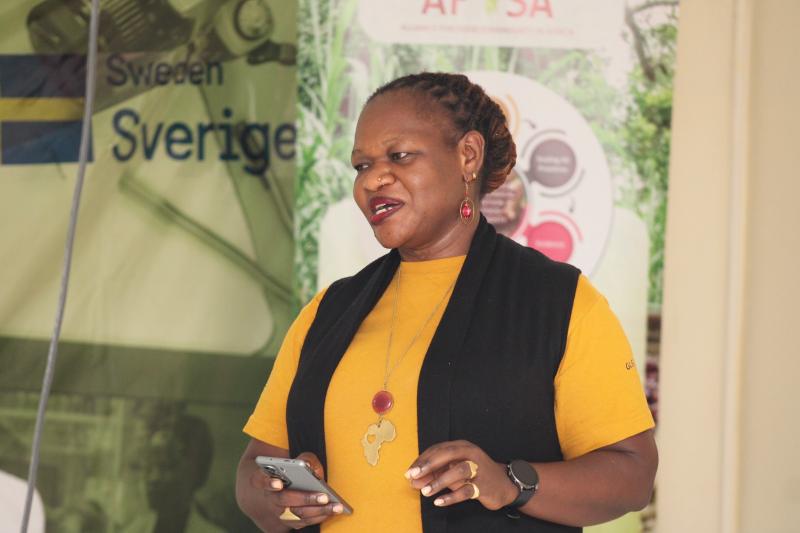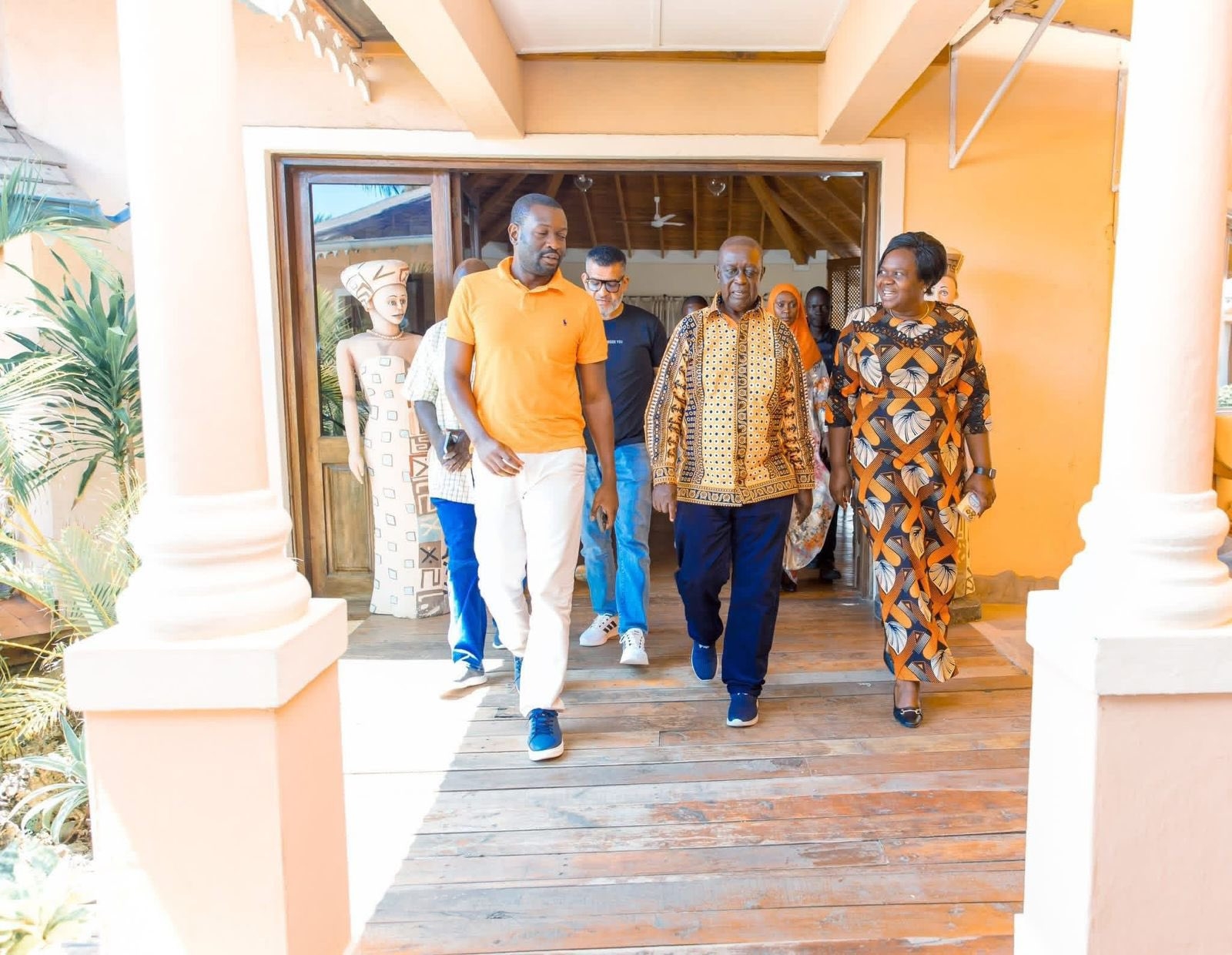 Karen Nekesa Samukoya is a communications specialist and activist on agroecology and climate change.
Karen Nekesa Samukoya is a communications specialist and activist on agroecology and climate change.
As leaders gather in Addis Ababa for the 2025 Africa Climate Summit, one truth must be heard loud and clear: agroecology is Africa’s strongest path to climate resilience.
For too long, climate conversations have been dominated by rhetoric and large-scale industrial projects that sideline the very communities holding the keys to sustainable solutions. Smallholder farmers, women seed savers, youth innovators, and indigenous custodians are already practising resilience. They build soil health, protect biodiversity, and strengthen food sovereignty. Yet, these voices are often drowned out in favour of corporate-led, input-heavy agriculture.
Evidence is already on the table. A study by AFSA shows that only 22% of Africa’s climate action plans explicitly mention agroecology. Where policies do exist, they often highlight surface issues like biodiversity, but fail to embrace deeper principles such as community-led seed systems, animal health, and systemic transformation. This gap is not by accident, it reflects entrenched bias towards industrial models that fail to meet Africa’s realities.
Agroecology is not a side issue. It directly strengthens adaptation by improving soils and diversifying crops. It helps mitigation by reducing emissions and storing carbon. Most importantly, it speaks the language of African farmers who have always drawn on indigenous knowledge to feed communities in times of crisis.
That is why climate finance must shift. Billions cannot continue flowing into industrial projects while grassroots solutions fight for scraps. Grant-based, flexible, and community-driven financing is what Africa needs. If the Summit’s theme is truly about “financing for resilient and green development,” then agroecology must be at the centre.
As someone deeply engaged in agroecology networks across Africa, I call on leaders at ACS-2 to integrate agroecology explicitly into Africa’s climate plans and funding frameworks.
Ensure the Addis Ababa Declaration recognises food sovereignty and agroecology as core pillars, reform finance so that farmers and communities, not corporations, are the main beneficiaries. They should also strengthen support for farmer-managed seeds, biodiversity, and ecosystems.
Agroecology is not abstract. It is lived daily by women who save climate-resilient seeds, by youth who innovate from local traditions, and by farmers who nourish Africa despite systemic neglect. It is a proven solution that combines food security, justice, and climate action.
The Africa Climate Summit should be remembered as the moment Africa stopped treating agroecology as an afterthought and started funding, celebrating, and embedding it at the heart of our climate agenda.
Because the future is not just green, it is agroecological.
Karen Nekesa Samukoya is a communications specialist and activist on agroecology and climate change.












